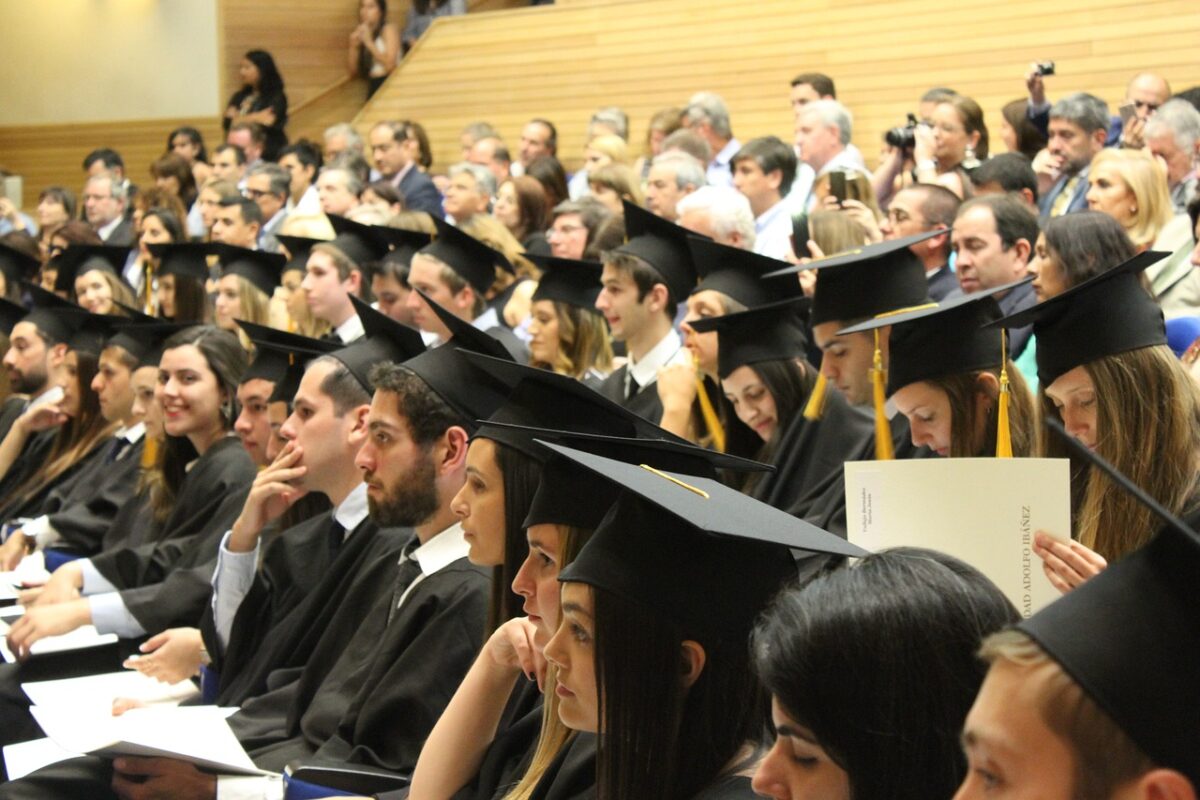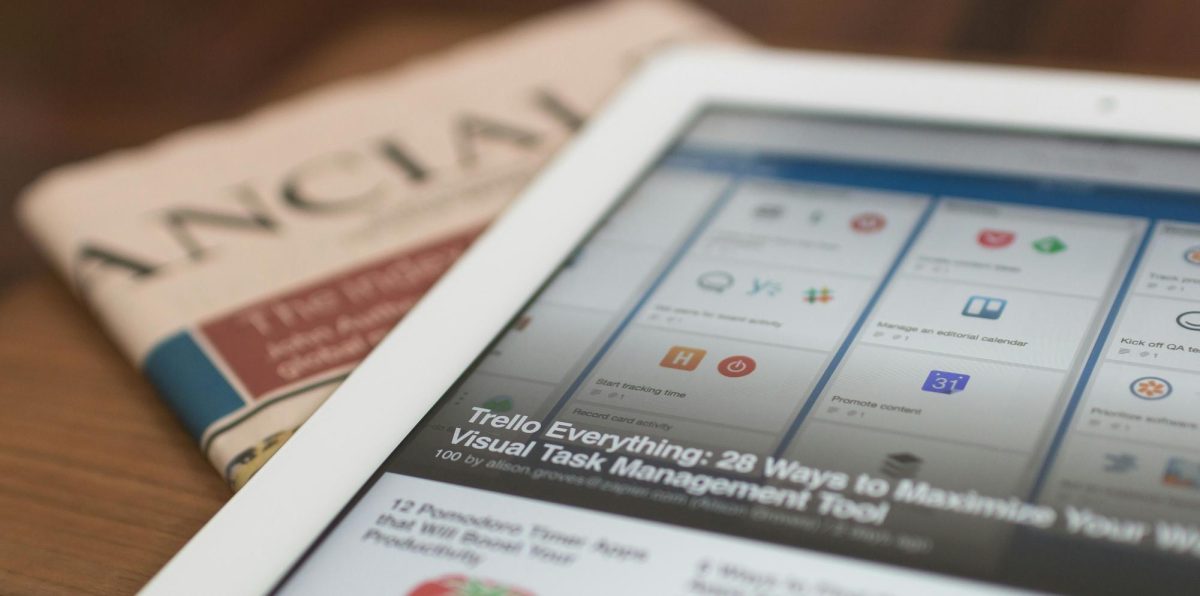Education is becoming more and more emphasized as an important part of a person’s journey to success, and as a result, the number of college students and graduates is increasing. Looking at the broader picture, this is a great step towards the future betterment of society. However, for individuals obtaining a bachelor’s degree, this is bad news.
As more people obtain bachelor’s degrees, the more normal it becomes in the job market and the less impressive it is to employers. The effect that having a college degree would have on your resume is less distinguishing from other applicants as time goes on.
From 2010 to 2022, the percentage of people aged 25 to 29 who have completed an associate degree or higher has risen by nine percent Similarly, the percentage of people aged 25 to 29 who have completed a bachelor’s degree or higher has risen by eight percent, according to the National Center for Education Statistics.
This increase in degree earners is not exclusive to just associate and bachelor’s degrees but also to higher degrees, such as master’s and doctoral degrees.
“From 2011 to 2021, the number of people aged 25 and over whose highest degree was a master’s degree rose to 24.1 million, and the number of doctoral degree holders rose to 4.7 million, a 50.2% and 54.5% increase, respectively,” according to the United States Census Bureau.
So, not only are graduates with a bachelor’s degree competing with more of their educational peers, but also the increased number of scholars who have earned higher degrees. This makes it increasingly more difficult to obtain jobs with a bachelor’s degree, and the significance of this milestone is losing its value.
In fact, the current median lifetime earning difference between a doctoral degree and a bachelor’s degree is now the same as the difference between a high school graduate and a bachelor’s degree graduate (approximately 1.2 million dollars), according to Georgetown University Center on Education and the Workforce analysis of the US Census Bureau, American Community Survey (ACS), 2009–2019.
A four-year college degree is no longer the career-finding solution that it seemed to be in your grandparents’ or parents’ day, and it’s becoming more of a basic requirement for many jobs rather than something to help you stand out amongst the crowd of applicants.
This isn’t exactly to put the blame on a society of overzealous scholars, but rather a more demanding workforce that is experiencing degree inflation.
Degree inflation, as Harvard Business School defines it, is “the rising demand for a four-year college degree for jobs that previously did not require one—is a substantive and widespread phenomenon that is making the U.S. labor market more inefficient.”
Jobs that previously only required a low level of education beyond a high school diploma but less than a degree are now looking for a college degree as a minimum requirement for future employees, according to “Dismissed By Degrees,” a research project conducted by Harvard Business School.
“For example, in 2015, 67% of production supervisor job postings asked for a college degree, while only 16% of employed production supervisors had one,” according to the same research.
This is not only a developing issue for students who are going to confront more of a challenge when entering the workforce but also for lower-income families who cannot afford to send their children to school or students who can not afford to pay for themselves to go to school.
Not only is obtaining a college education more important in today’s society, as it is now seen as a minimal requirement for many jobs, but it also costs more than ever to attend college now.
“The average annual cost of tuition at a public 4-year college is 23 times higher than tuition in 1963,” according to the Education Data Initiative.
This is an unfair cycle that seems to be working against lower-class and middle-class students who can not afford years and years of education that employers seem to be looking for. Although it is a tough reality to face, the bachelor’s degree that most of us are currently working towards is slowly losing its edge in the job force.
You just might have to start thinking about taking the next step in your educational journey to distinguish yourself.
Kylie Tutterrow is a sophomore political science major from Spartanburg, South Carolina. You can reach her at [email protected].









